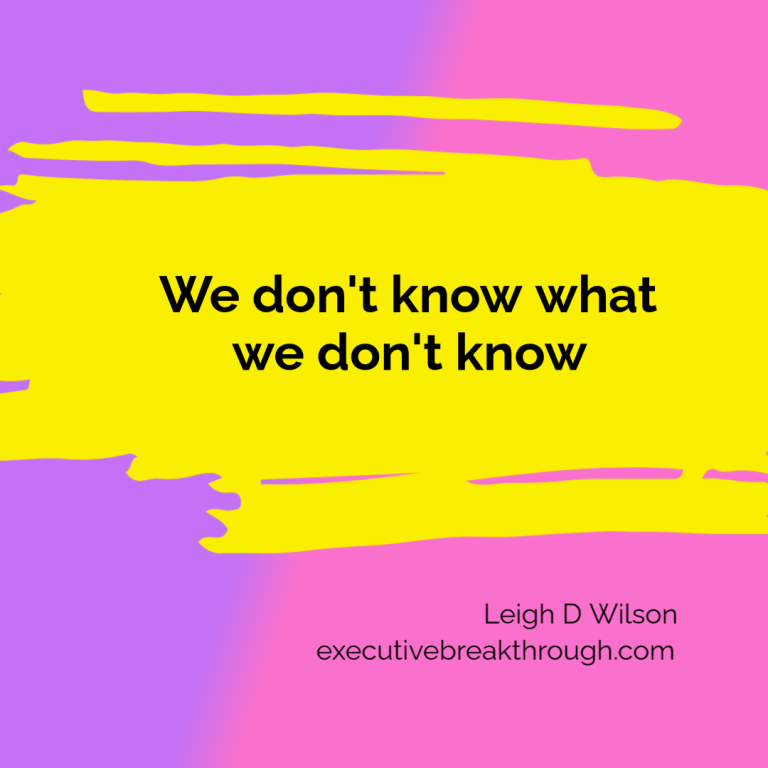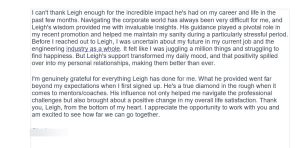I’ve always been intrigued by how the brain works and how it affects our understanding of the world. It brings me to a thought that’s both simple and deep: “We don’t know what we don’t know.” This idea really hits home when you think about it from a neuroscience perspective. It shows us both how amazing our brains are and also how much they still have to learn.
In neuroscience, realizing there are things we don’t know is a big deal. Our brains do an incredible job processing information, but they have limits. They filter and shape everything we experience. This means that what we think we know – our opinions, beliefs, even facts – are really just our brain’s best guess at what’s going on, based on what it’s seen and learned before.
This is super important in how we make decisions and solve problems, especially in complex fields like engineering. It means we should be aware that there’s stuff out there we might not be seeing or understanding. This knowledge encourages us to keep an open mind, to be curious, and to look for different viewpoints. We need to remember that our view of the world is just one piece of a much larger puzzle.
The cool thing about our brains is that they’re not set in stone. They’re always changing and adapting, creating new connections every time we learn something new. This means we’ve got this amazing ability to grow and expand our understanding, as long as we’re open to new ideas and experiences.
Embracing the unknown isn’t just about being humble with what we know; it’s also about sparking creativity and innovation. When we’re open to the idea that there’s more out there to discover, we start thinking outside the box and exploring new ideas and solutions.
If you would like to find out more about how I might be able to help you learn more about what you don’t know, book an Introductory Chat with me over Zoom by clicking on the link below.
#feelingstuck #selfdoubt #worry #stress #anxiety #selfconfidence #overwhelm #procrastination #burnout










